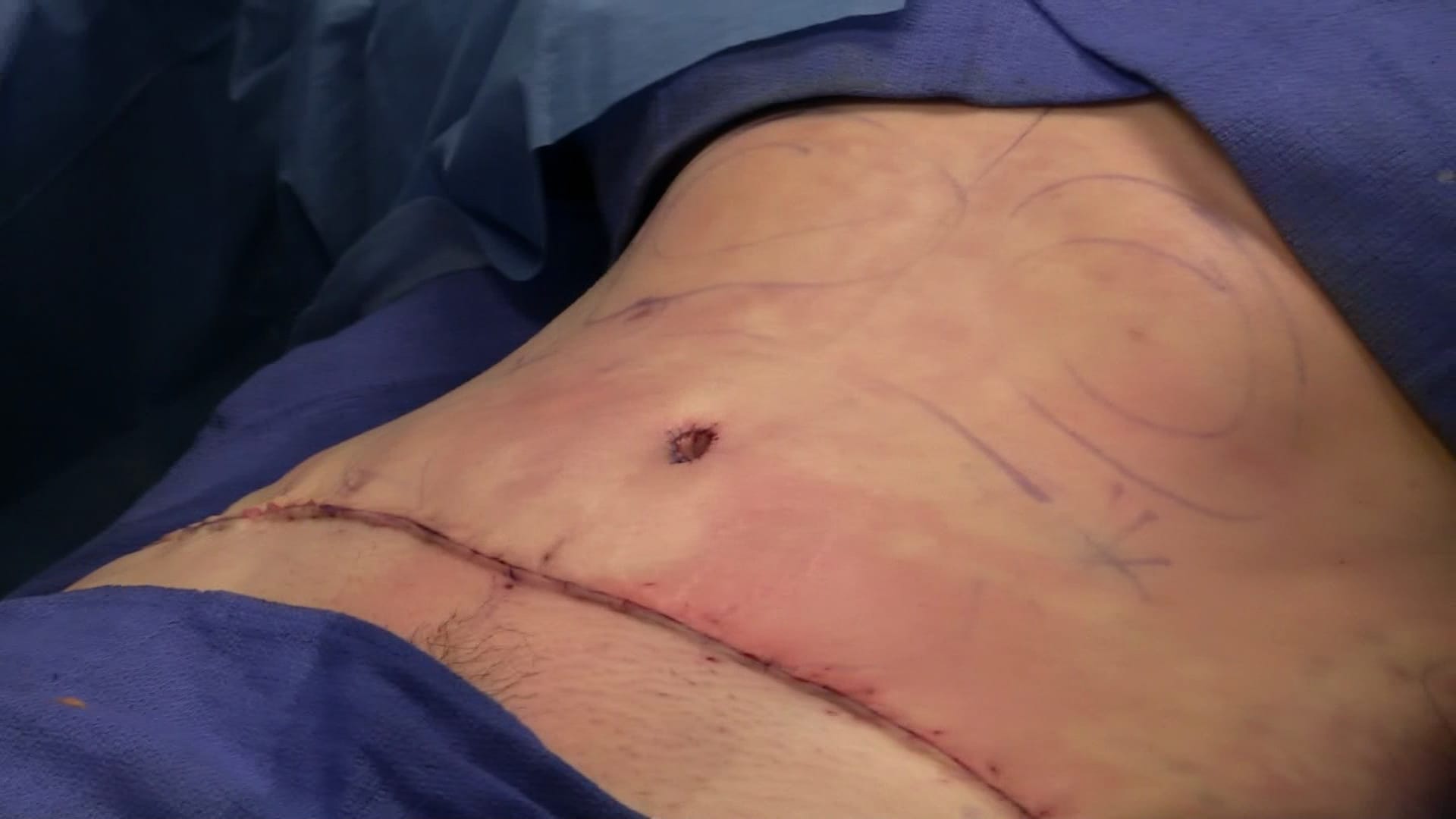Appearance is very important to many Americans. In fact, a major consideration for people who undergo cosmetic surgical procedures, or plastic surgery, it is to improve their own happiness by improving their appearance. Patients expect to look and feel better following cosmetic surgery. However, medical mistakes can leave patients feeling cheated, embarrassed, and helpless.
Plastic Surgery, Risk and Medical Injuries
Cosmetic surgery continues to gain popularity nationwide. Americans underwent 13.8 million cosmetic procedures in 2011, and spent $10.4 billion in the process. The most popular cosmetic surgical procedures include:
- Breast augmentation;
- Nose reshaping;
- Eyelid surgery;
- Liposuction; and
- Facelift.
The costs associated with cosmetic surgery can be steep. Most elective cosmetic procedures are not covered by health insurance plans, leaving patients with high out-of-pocket expenses for these costly procedures.
There are health risks associated with cosmetic surgery, just as with any other surgical procedure. Plastic surgeons have a responsibility to explain these risks to their patients. Generally, risks include, but are not limited to:
- Complications related to anesthesia, including pneumonia, blood clots, and even death;
- Infection at the site of the procedure, including scarring, disfigurement, and the need for additional, corrective surgical procedures;
- Fluid buildup underneath the skin;
- Significant, intraoperative blood loss; and
- Permanent nerve damage.
Patients should know that risks increase when the patient has a history of cardiovascular disease, lung disease, diabetes, or obesity. Smoking cigarettes can also increase the risk of surgical complications.
A Malpractice Attorney Can Hold the At-Fault Parties Responsible for Medical Injuries
An attorney can hold medical professionals and hospitals responsible for injuries that a patient suffers during cosmetic surgery if the healthcare provider’s conduct, or inaction, falls below accepted standards of medical practice. For example, the physician’s failure to disclose the important risks of the cosmetic procedure to the patient is one possible basis for a lawsuit.
To succeed in a medical malpractice lawsuit, a lawyer must prove that the physician, staff, or medical center, failed to conform to the accepted medical standards in the field of cosmetic surgery. The medical center (often the physician’s employer) may be held vicariously liable for the physician’s conduct or inaction, and may also be subject to corporate liability for failing to ensure patient safety and quality of care.
When consulting your attorney, it is important to know that unhappiness with the surgical result, alone, is usually not sufficient to sustain a medical malpractice action. Meritorious lawsuits for a medical injury sustained during cosmetic procedure usually involve surgical errors, complications arising from anesthesia, and/or post-operative infections.
If you, or a loved one, are considering undergoing plastic surgery, or have already done so, consider the below tips:
- Select a board-certified plastic surgeon to perform your procedure;
- Board-certified physicians are subject to stringent requirements in their field of certification
- Check to make sure the plastic surgeon has hospital privileges;
- Hospitals generally engage in background checks of their physicians before providing them with hospital privileges
- Be cautious if the plastic surgeon suggests multiple procedures;
- Multiple procedures can unnecessarily increase the risk for complications
- If you suffer adverse results or have complications following cosmetic surgery, quickly obtain a second opinion from a different plastic surgeon with experience in that area; and
- Depending upon the second opinion, consult with a medical injury attorney to help determine your legal options.
Time Limitations for Filing a Lawsuit
When considering legal action, it is important to consider the various time limitations for filing a lawsuit. In Pennsylvania, there is a Statute of Limitations that precludes any malpractice lawsuit from being filed after more than two years from the date of the cosmetic procedure. However, the Statute of Limitations may be delayed if the “Discovery Rule” applies. The Discovery Rule delays the Statute of Limitations period, so that the two year limitations period begins at the moment that the patient knew, or should have known, of his or her medical injuries and that they were caused by the conduct of a healthcare provider.
Pennsylvania also imposes a 7 year Statute of Repose.
The Statute of Repose extinguishes all medical malpractice claims 7 years from the date of the procedure, regardless of when the injuries were discovered. New Jersey also imposes a 2 year Statute of Limitations, and allows the “Discovery Rule,” but New Jersey does not have a Statute of Repose for medical malpractice claims.
Choosing the Best Medical Malpractice Attorney for Your Case
When choosing the best medical malpractice attorney for your case, consideration of that lawyer’s skill, experience, familiarity with the area of law, and personality, should all factor into your decision. At a minimum, you should review the firm’s case results and research its lawyers.
Not all cases are easy. Medical injury and death cases are complex, and require a high degree of skill and preparation. Experienced attorneys, with a track record of results will know how to build a case from the ground up, beginning with the initial client consultation and pre-suit investigation.
If you live in Philadelphia, or if your case is in Philadelphia, you may consider a Philadelphia based-medical malpractice law firm. Research the law firms to distinguish the best lawyers in Philadelphia, from the rest of the lawyers in Philadelphia.
Geographic location, however, should not preclude you from selecting the best medical malpractice lawyers available for your case. For example, Philadelphia-based medical malpractice attorneys, Slade McLaughlin and Paul Lauricella, represent clients throughout Pennsylvania and New Jersey, including Philadelphia, Allentown, Reading, Upper Darby, Scranton, Bethlehem, Bensalem, Lancaster, Lower Merion, Abington, Bristol, Doylestown, Haverford, Northampton, Cheltenham, Norristown, Falls township, Radnor, Villanova, Whitehall, etc. Your attorneys can come to you, and your consultations will remain confidential.




